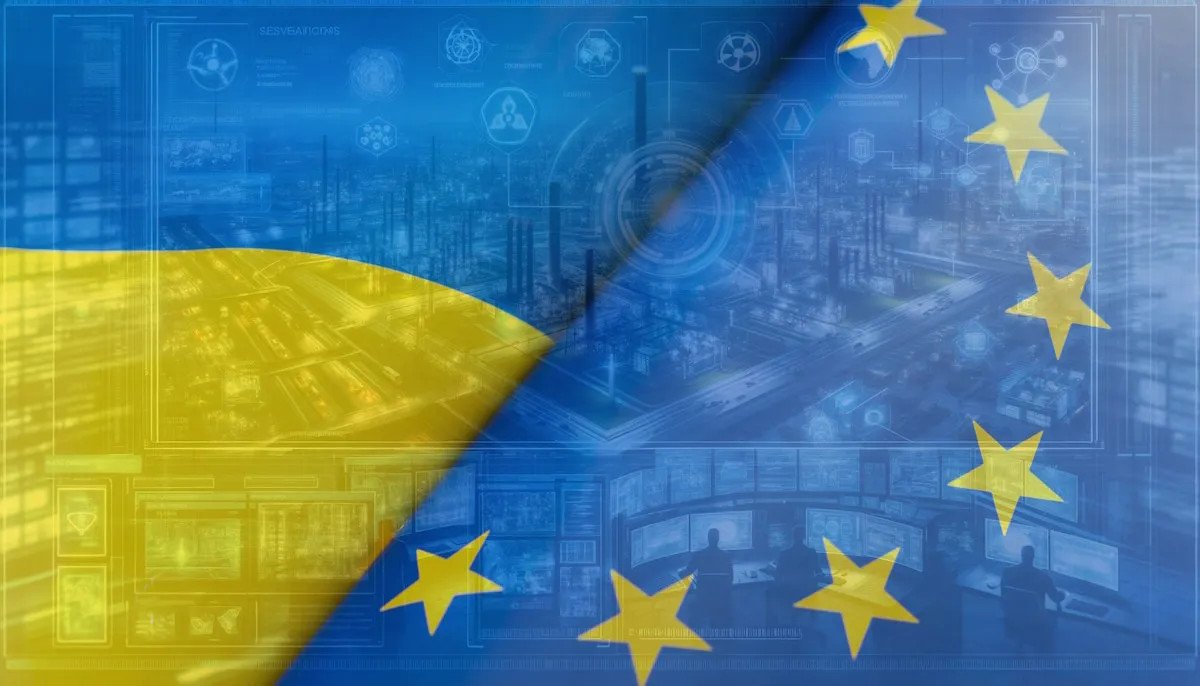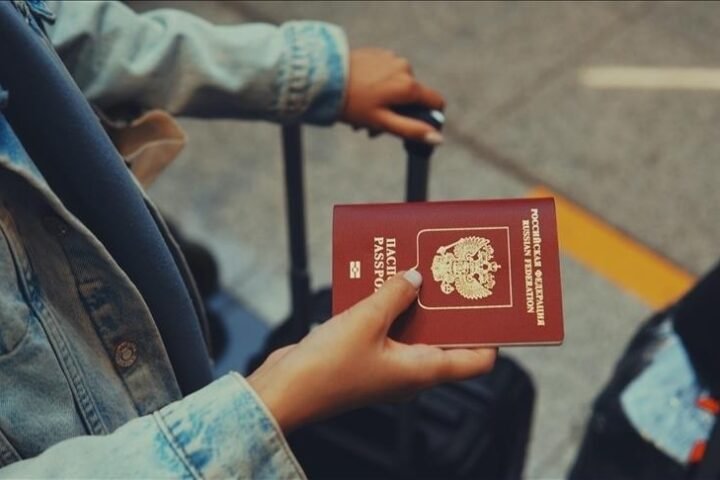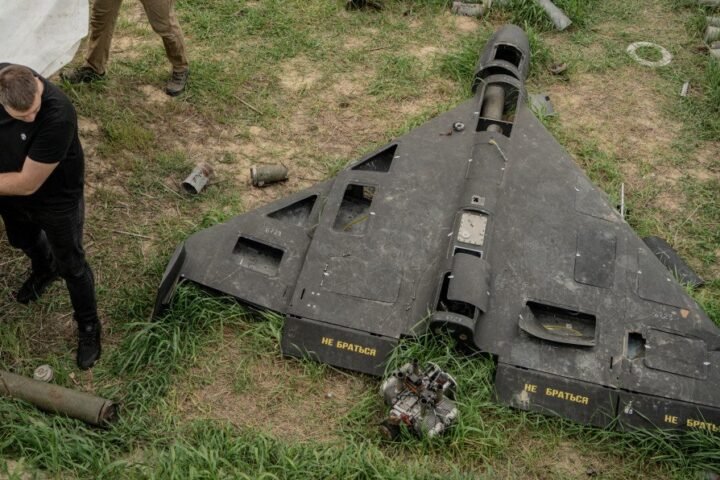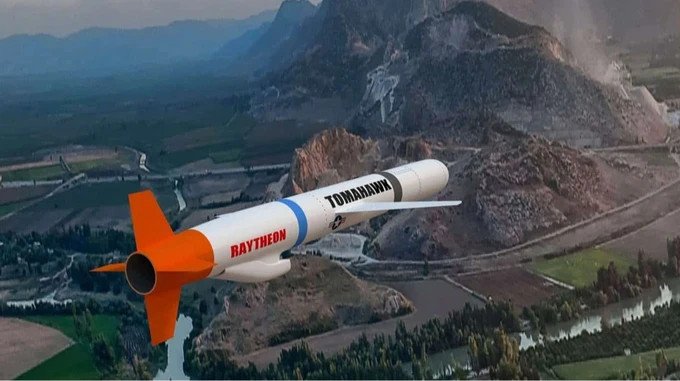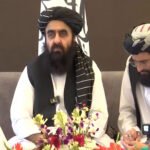ISW: Moscow fakes interest in top-level talks to delay concessions
Russia continues to deliberately avoid direct high-level negotiations with Ukraine, using diplomatic stalling tactics to reinforce its military advantage and pressure Kyiv into concessions, according to a new report by the Institute for the Study of War (ISW). The report, released on July 26, argues that the Kremlin’s posturing signals a strategic disinterest in genuine dialogue, despite mounting calls from the West — including the United States — for a direct Zelensky-Putin summit.
The ISW asserts that Moscow’s aim is not peace but advantage. By rejecting face-to-face talks, the Russian leadership seeks to buy time on the battlefield, intensify attacks on Ukrainian infrastructure, and portray itself as open to diplomacy while refusing any actual compromise.
Kremlin sets conditions while dodging summit initiative
On July 25, Kremlin spokesperson Dmitry Peskov dismissed the prospect of a meeting between President Volodymyr Zelensky and Vladimir Putin as “highly unlikely,” citing the need for preliminary “expert-level agreements.” The comment directly contradicted a statement made the same day by U.S. President Donald Trump, who told reporters that such a summit “should have happened three months ago” and would still take place.
Just two days earlier, on July 23, Ukrainian and Russian delegations held a third round of peace negotiations in Istanbul. During the talks, Kyiv proposed a mutual halt to strikes on critical infrastructure and a personal meeting between the two presidents before the end of the summer. Turkey’s foreign minister Hakan Fidan had earlier confirmed there was a “basic consensus” to prepare such a summit on Turkish soil. Still, ISW warns that Moscow continues to obstruct the process, using the appearance of engagement as a façade.
Delays benefit Russia, undermine regional stability
According to ISW analysts, the Kremlin’s avoidance of direct talks is part of a broader pressure campaign. By continuing its military operations while stalling diplomatic efforts, Russia intends to coerce Ukraine into accepting unfavorable terms. This strategy, the report notes, bolsters Ukraine’s position as the side open to peace, while painting Moscow as the primary obstacle to conflict resolution.
Moreover, the lack of high-level negotiations strengthens Kyiv’s case for expanded Western support. Ukrainian officials are likely to leverage the Kremlin’s evasiveness to urge allies toward tougher sanctions and increased military aid. ISW suggests that Russia’s delay tactics are not merely defensive but also intended to facilitate further mobilization and shifts in battlefield tactics — a signal of future escalation rather than compromise.
Geopolitical cost of Russia’s diplomatic obstruction
As highlighted by regional experts, the Kremlin’s refusal to engage in direct diplomacy is a destabilizing factor for the entire region. European Union officials warn that Moscow’s stalling poses risks far beyond Ukraine, exacerbating the continent’s economic vulnerability and driving up defense expenditures. The absence of dialogue also undermines energy and trade security across Europe, exposing supply chains and price stability to greater volatility.
EU states are expected to cite the lack of diplomatic progress as justification for further sanctions, reductions in dependency on Russian energy, and increased assistance to Ukraine. As the war drags on, the political and economic costs of Moscow’s intransigence will likely deepen — both abroad and at home.
For Russia itself, the strategy of indefinite delay may backfire. Continued sanctions are already accelerating capital flight and economic degradation. Internally, growing public fatigue with the war could amplify social tensions and provoke unrest, particularly as the human and financial toll mounts.

